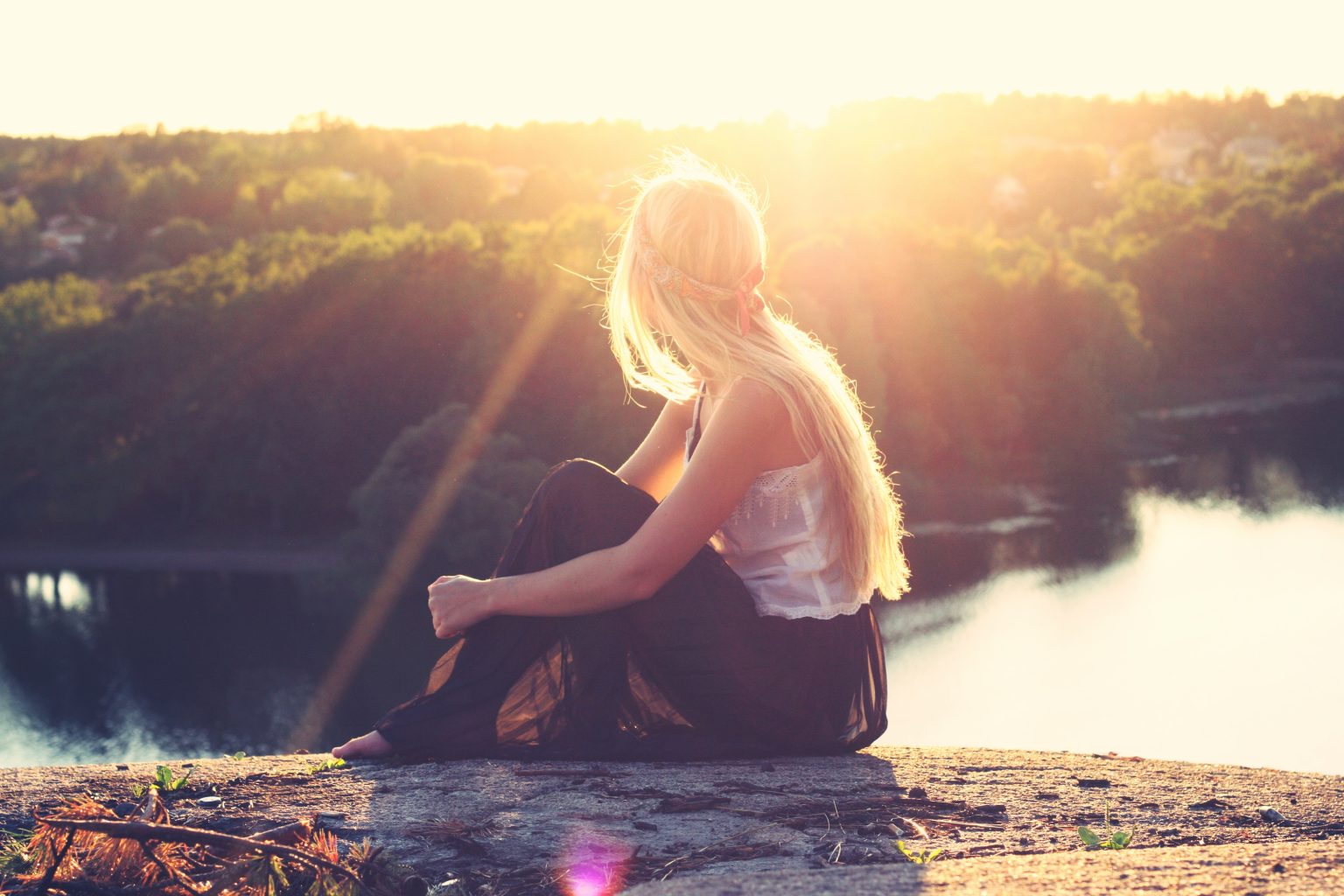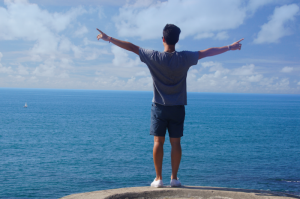The Challenge: Obesity and psychological disorders have been on the rise for decades.
The Science: Learning from our Neanderthalian ancestors might bring a cure
The Solution: Move, sleep, love, eat well, and spend time in the sunshine!
Mankind is a smart bunch. We’ve learned how to build skyscrapers as high as mountains; we can travel to any place on this globe in a day’s length and have access to all the knowledge in the world via small devices in our pockets made of plastic and some microchips. That’s impressive and utterly admirable. Yet, some upsides of modern life seem to take a toll on our bodies and minds. In most Western societies, the level of obese people is growing steadily, as is the pervasiveness of psychological disorders such as depression and anxiety. Is this the price our society has to pay for the comforts of modern life?
Turning to a more “primitive” lifestyle?
We´re smarter than Neanderthalians. But being smart does not routinely lead to making smart decisions. Let´s look at their way of life: They lived in tribes with close bonds between all members. They toiled hard, but when they had enough food to sustain the tribe, they relaxed, played, and created art. Men hunted in small groups. When doing so, they walked a double-digit mileage per day. While chasing prey, they focused on their immediate surroundings: smells, sounds, and animal tracks.
When they returned home, they shared their game with everybody. Women also walked long distances several times per week, searching for fruits and nuts. Some stayed home to take care of the offspring. Otherwise, they created tools, pottery, and clothing. Whenever possible, everybody slept long, especially in winter. They also took naps over the course of the day when the environment was safe.
Let’s take this narration and transfer it to modern language. Here are people who:
- Spend a lot of time with the ones they love (upsides of bonding);
- Finish a half-marathon several times a week (upsides of physical exercise);
- Spend most of their time in natural environments (upsides of biophilia);
- Practice an intuitive form of mindfulness (upsides of being present);
- Have a clear purpose in life (upsides of feeling one´s life has a deeper meaning);
- Are not workaholics. They know how to relax, take power naps, and engage in play and art (upsides of detaching from work and engaging in play or the arts).
Depression and anxiety as the body´s warning sign
Compare this to what most Westerners are doing:
- We eat too much food we don´t have to struggle for while sitting too much and walking too little.
- We work insane hours, yet don´t sleep and play enough, spending too much time alone or among people we don´t really care about.
- We get lost in cyberspace instead of staying with what´s at hand, focusing too much on ourselves instead of promoting a common good.
Put in simple terms, I think this is what our bodies are trying to tell us:
“Man, you’re doing this all wrong, spending your time doing strange things. I don’t feel safe in these places you’re taking me. And where are all the people I love? But I can’t explain this to you with words. That’s why I make you miserable, and it´s my wake-up call.”
Let me close by saying I don’t argue we should return to an aboriginal lifestyle. I’m a city boy. I like my work at the office, going out for dinner, and having a grocery store and a hospital close by. But I try to take care of my body and soul, working out and creating meaning by helping people live more significant lives; ever since being married and having kids, I have stayed home a lot. I guess, as ever so often, it comes down to finding the right balance.




